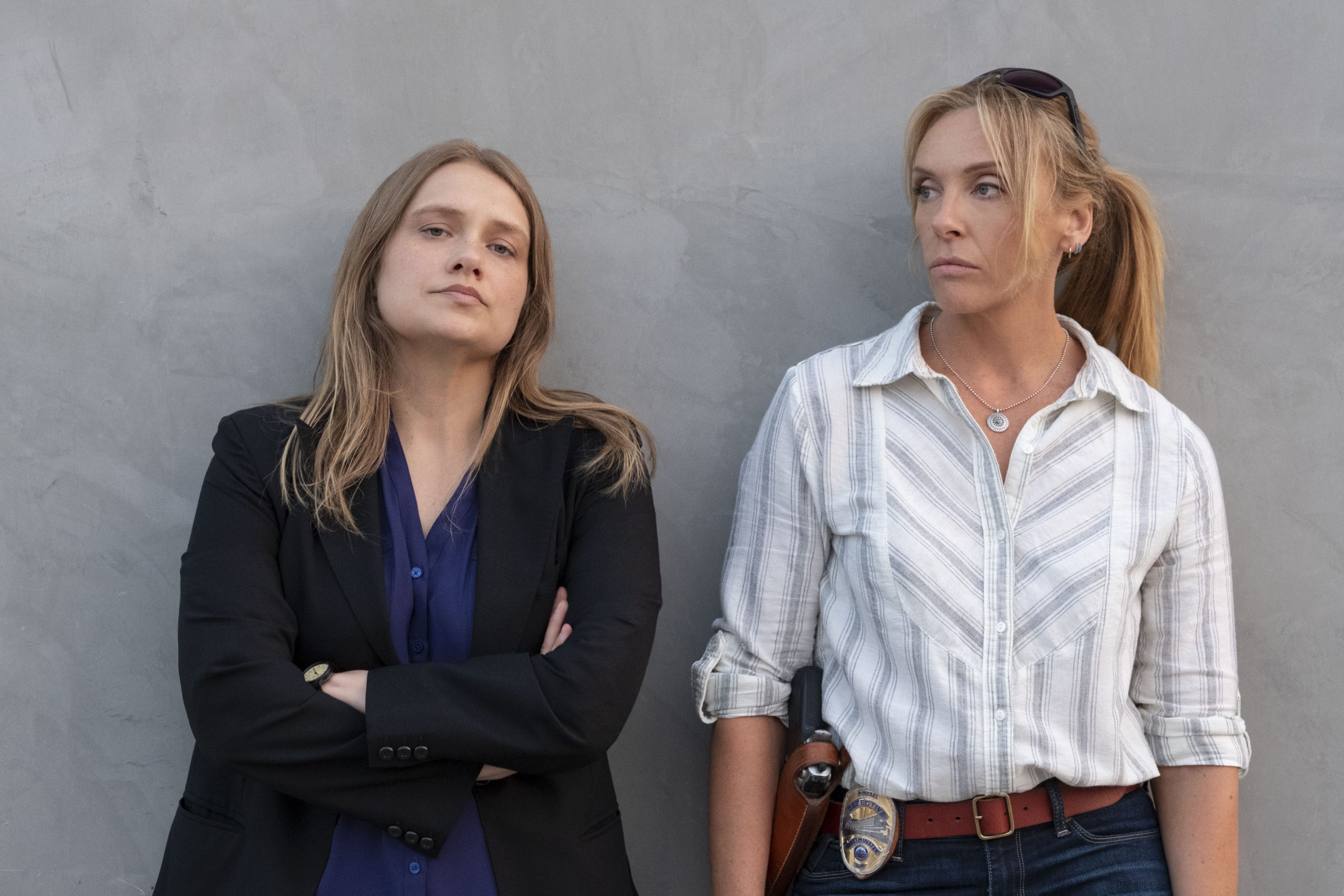
It comes with the job. An occupational hazard. Last month alone, I interviewed two rape survivors, a survivor of revenge porn, and a young woman whose husband had violently coerced her down the path of IVF which has left her so traumatised she can’t go near medical professionals almost five years later. As a journalist who tries to tell women’s stories, sometimes it makes for some very tough listening. Even though, of course, it pales in comparison to what the interview subjects themselves actually faced, it brings home hard the systemic shit women face.
Because it can be difficult to hear the scale and variety of women’s trauma at the moment. Like a hall of mirrors, it is seemingly echoing again and again and again into infinity
And we’re all hearing more and more and more of these stories – not just journalists like me, but all of us, everywhere. The torrent of #MeToo burst open the dam that women had kept their pain hidden safely behind, and now we’ve been flooded: on social media, in newspapers, from celebrities. Countless hashtags expose private torment, available for anyone to endlessly scroll through.
In recent years, partly because of #MeToo but by no means exclusively, we’ve started centering women’s experiences, or attempting to, at least. On top of that, we’re witnessing a social epidemic of oversharing: stories, pictures, memes, Ubers, homes, dogs – a trend born of the internet, and becoming second nature to millennials and younger. Furthermore, as mental health became a topic du jour, even perilously fashionable, dare I say it, we’re all repeatedly encouraged to tell our truths to as many people as we can muster.
When all these things come together, it feels that we must share a story to be valid, to be involved, or perhaps, it finally feels like we have permission to. Either way, on Instagram or over wine, women tell stories of their miscarriage or their relationship breakdown or their battle with an eating disorder. And whilst women have always had these conversations privately, to some extent, they are now very public. Recently, MP Rosie Duffield shared intimate details of her abusive relationship in the House of Commons, something that felt unprecedented. And so stories of abuse, violence, infertility, anxiety, rape, difficult mothers, difficult fathers, difficult children – the stories of what is to be a woman – have, in recent years, begun to swirl and scatter, like leaves caught in the wind, rustling all around us, landing for a moment before the next one comes along.
And now these stories have gone from headlines and Twitter and opinion columns to pop culture. Unbelievable, the eight-part Netflix drama based on a piece of journalism exploring what happened to a young woman when she made a rape allegation, was one of the platform’s most-watched shows. In 2017, American TV giant Bill O’Reilly was eventually ousted from Fox News for sexual harassment allegations. Now, Nicole Kidman, Charlize Theron and Margot Robbie are starring in Bombshell, a movie retelling these events. Walk into any bookshop and shelves include She Said by Jodi Kantor and Megan Twohey, who broke the Weinstein story for the New York Times, and Ronan Farrow’s Catch and Kill, who did the same for the New Yorker, and Know My Name, the memoir of Chanel Miller, who was sexually assaulted by Brock Turner. Some of the biggest fiction and theatre of the last couple of years have had #MeToo themes. Women’s painful, debilitating, earth-shattering stories have been told once, and now are being retold in different ways.
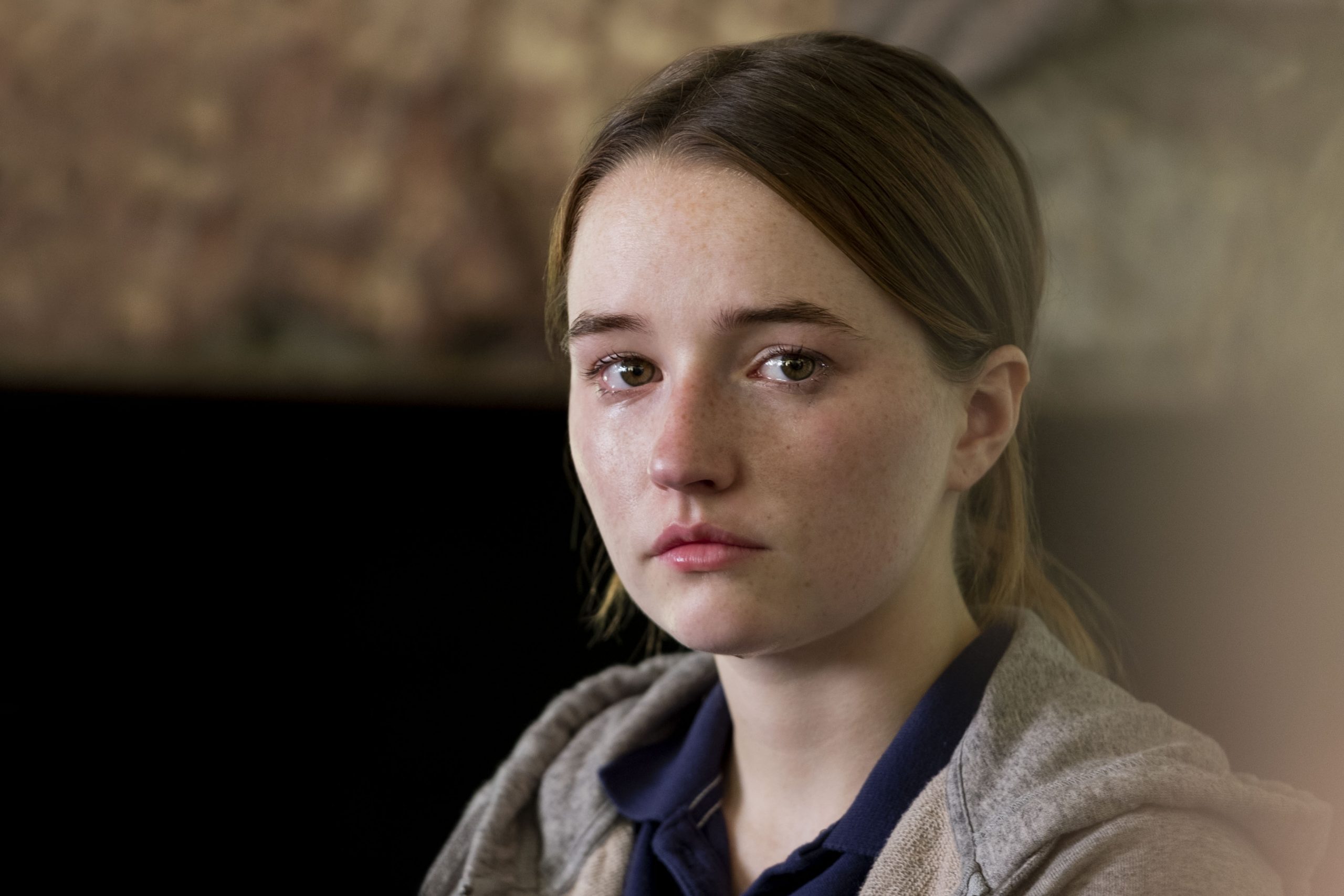
And that’s a good thing, right? A brilliant, progressive thing. Women’s stories attract other women’s stories, like a formation of swallows over Brighton Pier, they come together to build a bigger picture that shows us our stories aren’t only personal; they are societal and political and ultimately bond us. Women’s stories eradicate shame and isolation. They expose wrongdoing, they can create social movements that topple the most powerful. When I’ve written personal stories in the past, emails flood in, women I’ve never met tell that this happened to them too. I began to realise that offering up a story is perceived as an exchange: I’ll be vulnerable so you can be too, I’ll show you mine if you show me yours.
But existing in the tornado of all these stories can also be very difficult. Like someone keeps turning up the radio and you’re not sure how to turn it down, or if you’re even allowed to, through fear of being unsupportive, unsisterly, turning your back. Guilty you’re not prepared to do the hard work of looking this shit in the face or committing the ultimate sin: not listening to another woman when she needs you to hear her.
Because it can be difficult to hear the scale and variety of women’s trauma at the moment. Like a hall of mirrors, it is seemingly echoing again and again and again into infinity. And it can be especially hard if they echo your own story. It can be hard if the story of another woman seeps into your mind and lodges itself there, like a tune you can’t forget. It sounds so familiar because in her story you can hear yours, and the thoughts you’ve painstakingly folded and packed away start to snag and unravel. And sometimes it is too much. Sometimes you can’t quite carry that weight because it is too heavy on your shoulders, too much to confront, too painful a reminder.
I feel some very real betrayal in what I’m saying, not to mention the wild hypocrisy as someone who seeks out these stories and facilitates women telling them. On another day, I might read this very article and condemn it as cowardly and selfish. Because I wholeheartedly applaud any woman who steps forward and shares her story. I routinely ask women to do it because it is my job but also because I earnestly believe in it. Women have a right to share their experiences because for too long they haven’t, and their stories and their sacrifices and their experiences have been silenced to desperate consequences. I’m aware of the profound comfort women take in another woman’s story because I have taken that comfort on occasion. So I don’t want the stories to stop.
I wholeheartedly applaud any woman who steps forward and shares her story. I routinely ask women to do it because it is my job but also because I earnestly believe in it
As women, we carry other women’s stories and as they rain down on us, cathartically, painfully, emotionally, in time, I believe, we will all be better for it. But in the process, mid-storm, it can be hard to weather. Women have to use their trauma, retell it, partake in insane levels of emotional labour to be heard. The stakes are always so vertiginously high, dizzying in what it takes to tell them, share them, and how they might be received. Sometimes those stories reverberate through my bones because they show me how hard it can be to just exist, or because they are an echo of something I’ve tried very hard to forget. Sometimes we are exhausted for others, and for ourselves. And sometimes, just sometimes, I think that might be okay, even amongst the most evangelical storytellers, like me.


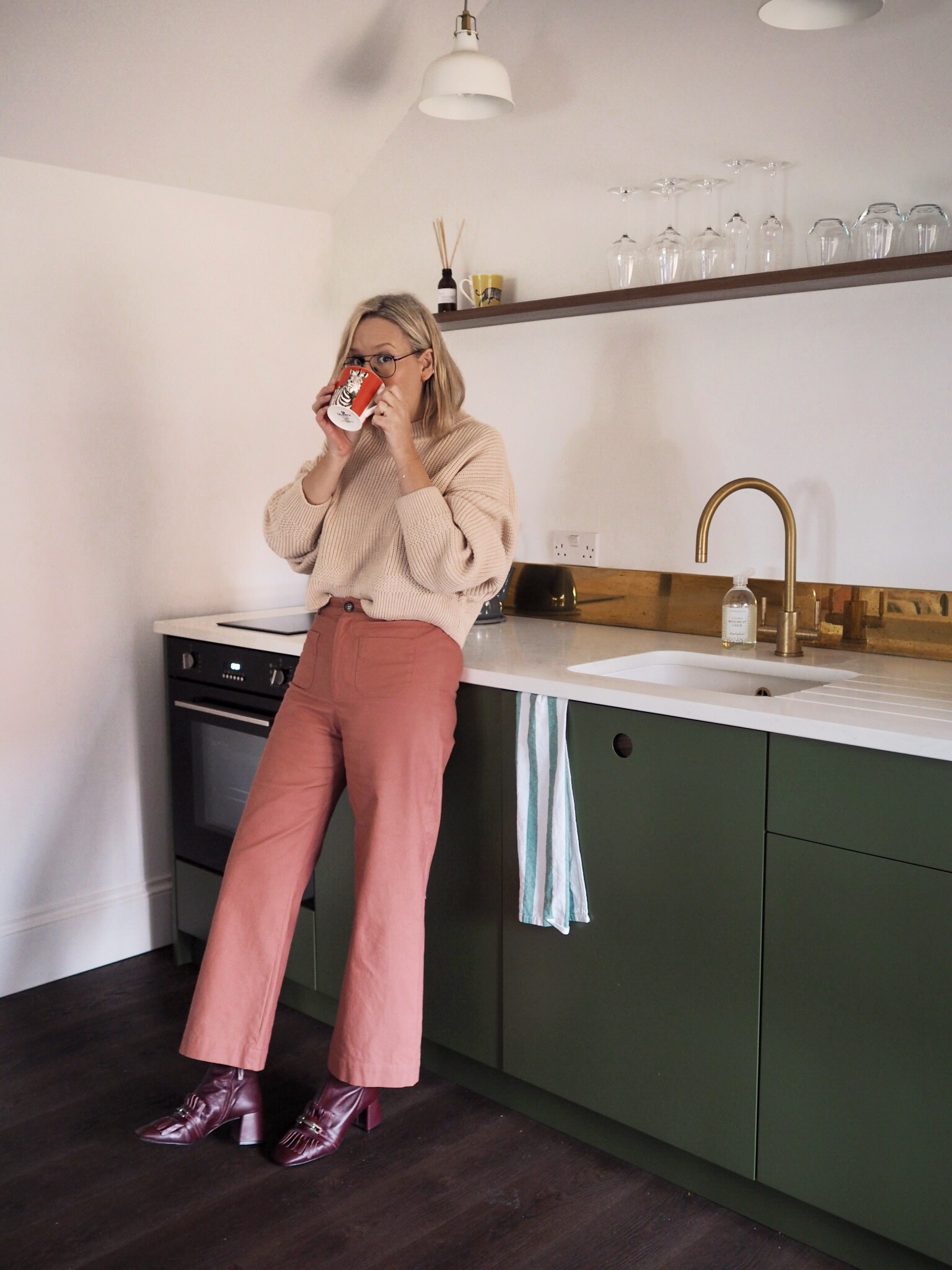
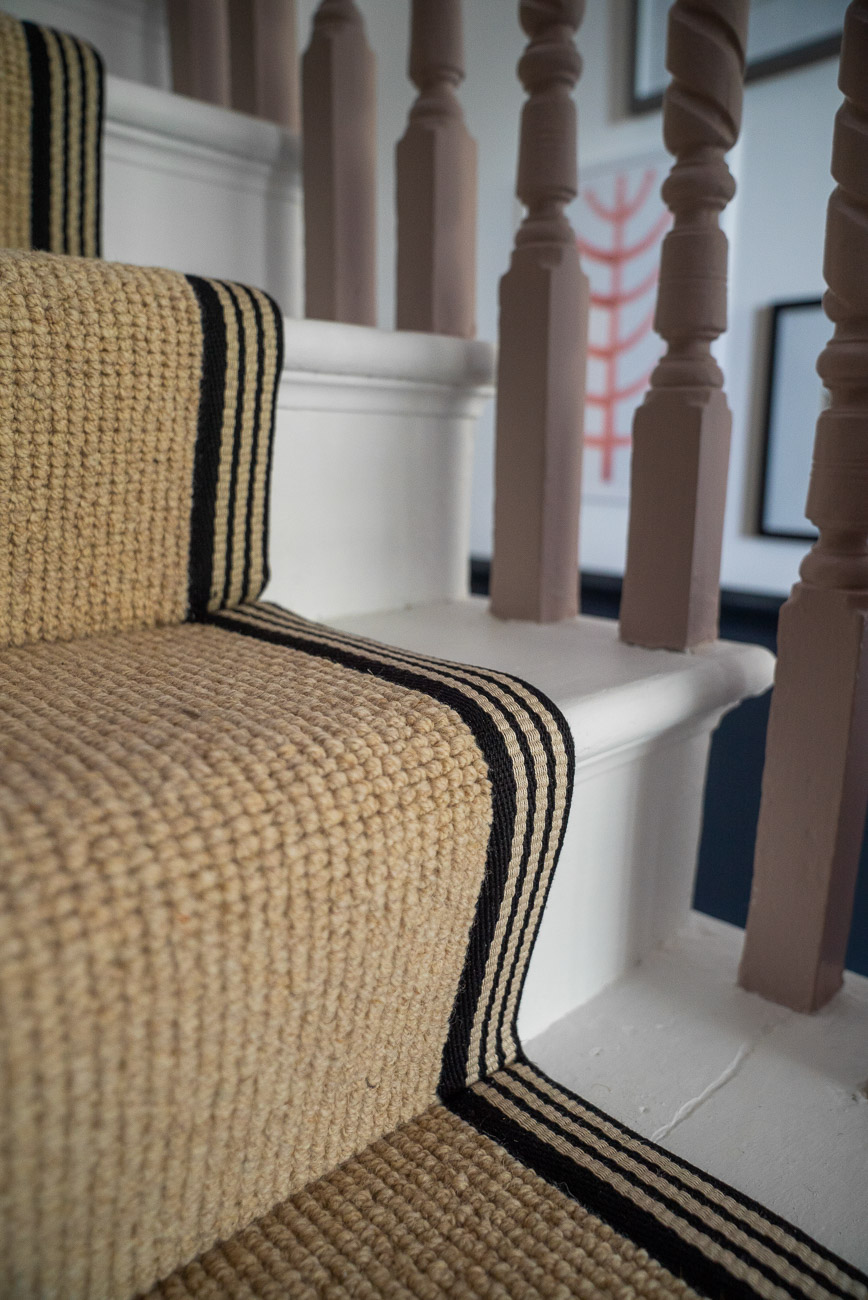





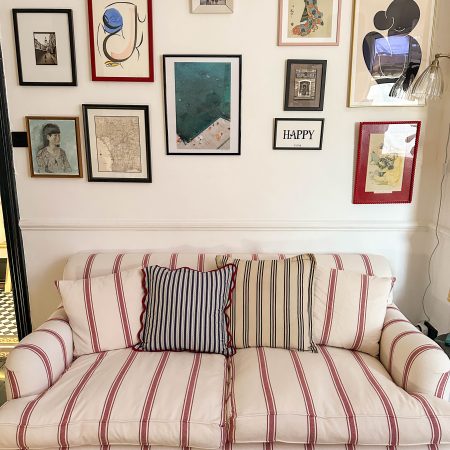

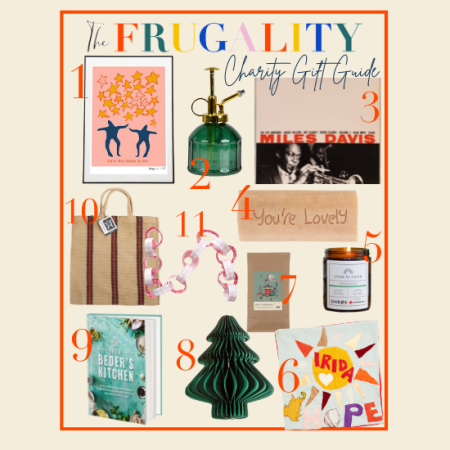
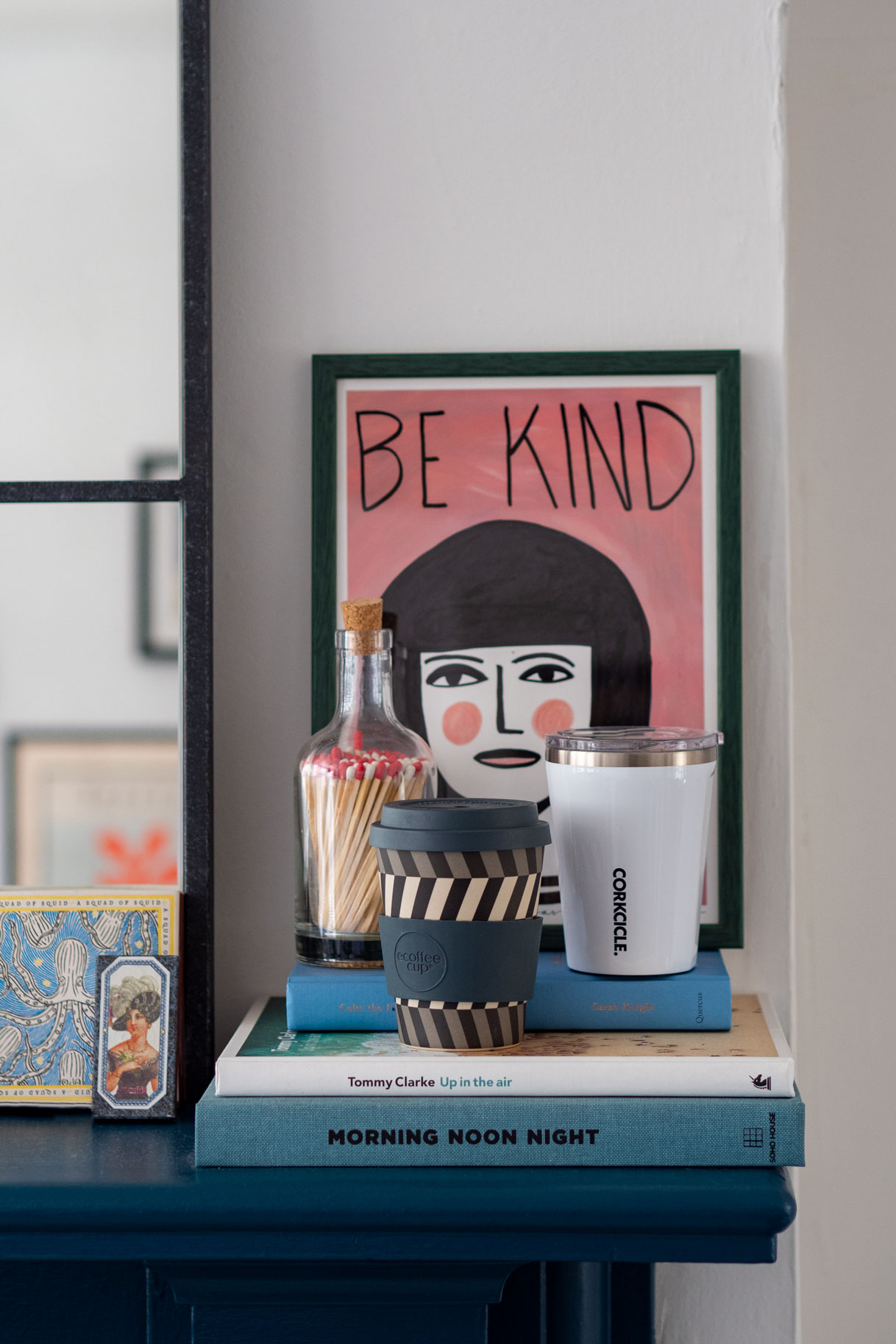
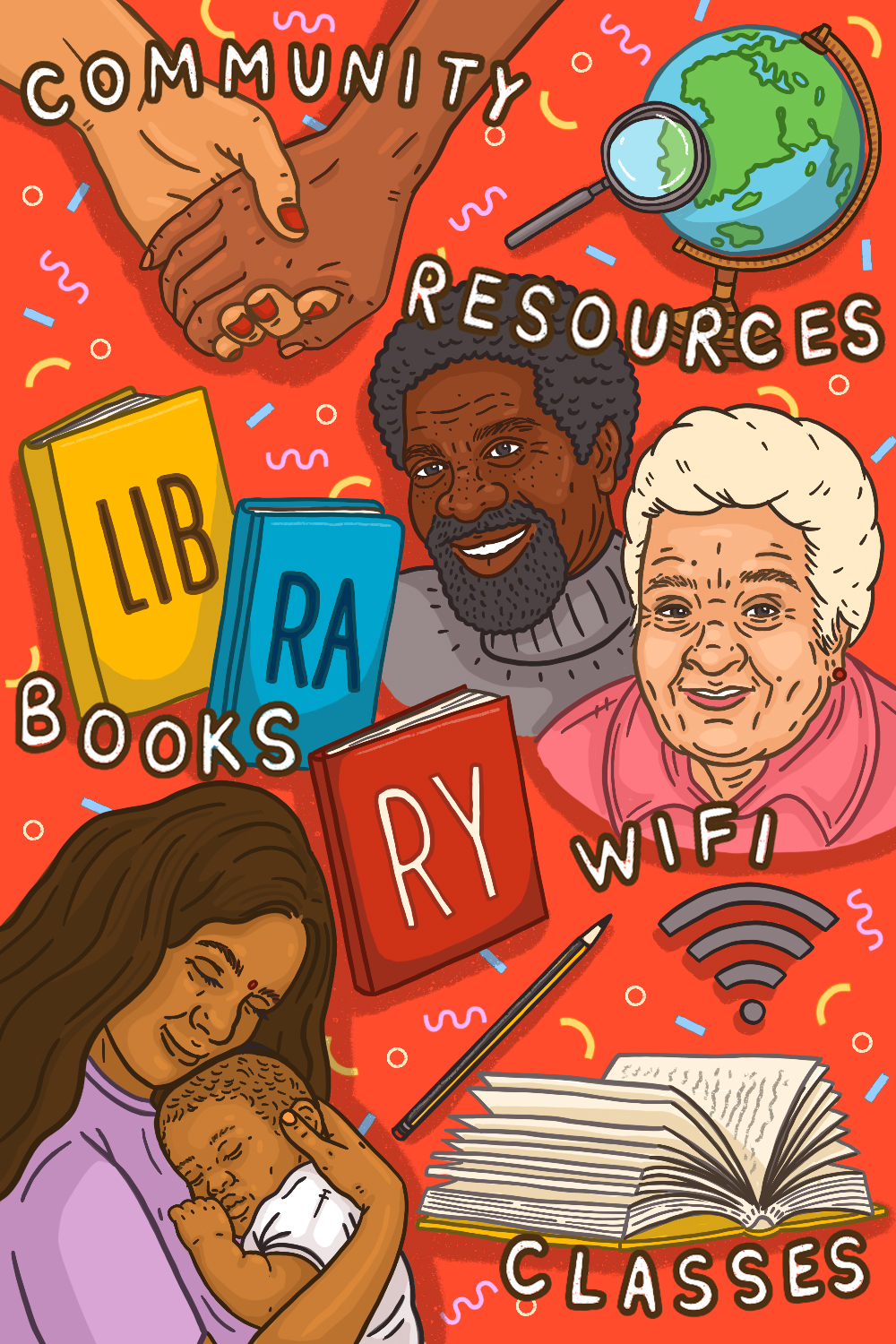
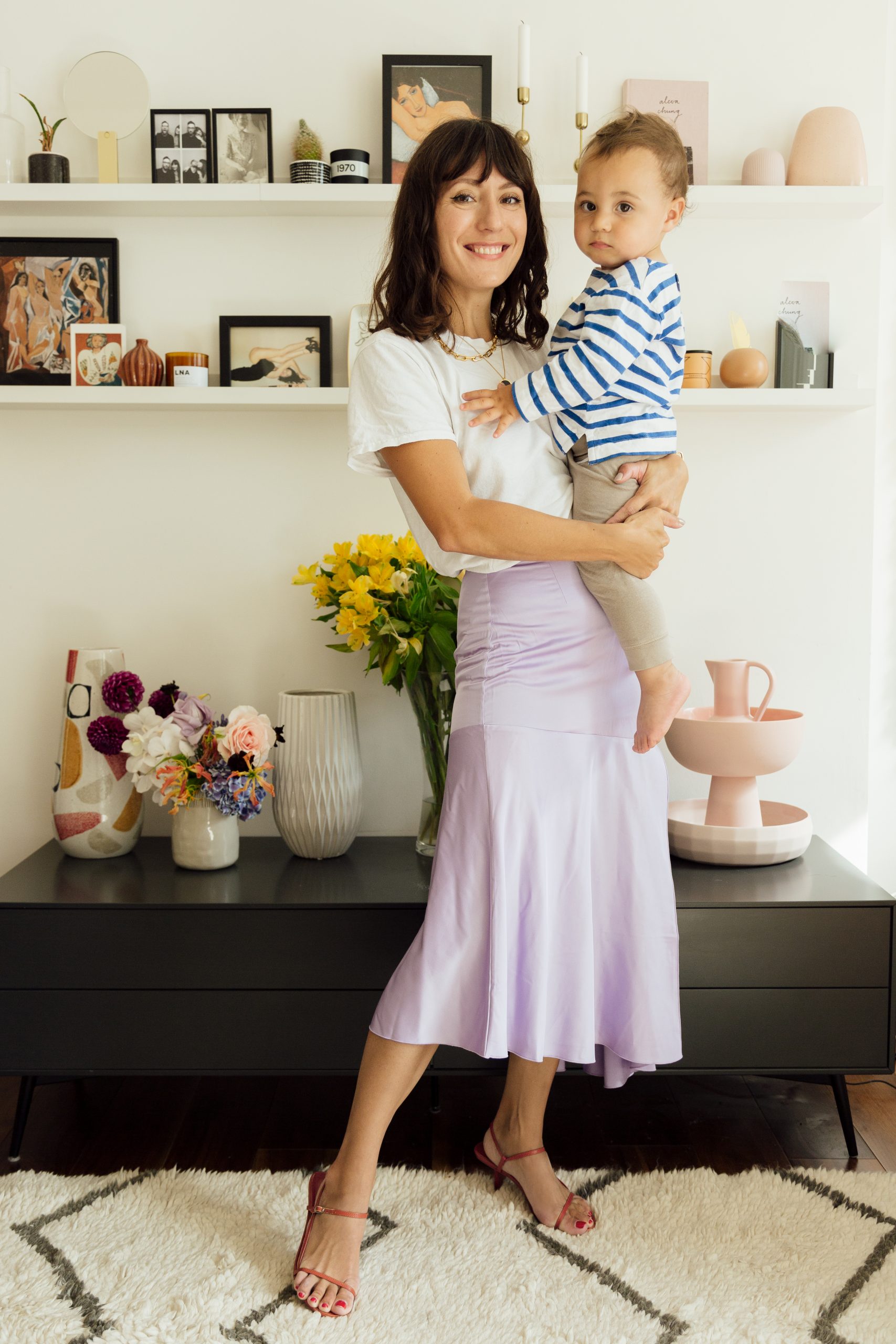

Thank you, it is sometimes overwhelming and we all feel inadequate in our responses at times. I think it is important to share and listen but also so important to care for ourselves and recognise when that needs to happen. Thank you for the stories you share but also make sure you look after yourself x
Beautifully written. And important. These kind of articles are such a healing comfort to women and I’m so glad are part of the ground swell of change.
Really interesting piece, and it resonated with me on many levels. Nearly ten years ago, before there was a conversation about PND and mental health was all the rage, I had a postnatal breakdown and was in a psychiatric hospital with my baby for a month. It was unbearably bleak and I didn’t really have any one to talk to about it. Now when I read women’s stories of their PND I feel almost jealous of the support that’s out there, and the number of people willing to listen and relate. Weird right? Anyway, thanks Melissa (and Alex) for posting this.
Not weird at all, there’s a whole range of emotions when others’ stories come out, and none of them are ‘normal’. I had a lot of direct messages about loss when I opened up about mine and I felt so privileged that people had opened up to me, but I also felt a large weight of replying and saying the right thing…and kind of also wanted to crawl into a hole with my grief and not talk to anyone….
Yes so true xxx
I welcome people sharing their experiences and stories as feel that often women haven’t spoken up enough. As you get older you hear /experience difficulties and I think ‘why does no one tell you this?’ It helps you empathise with others and connect.
It makes you feel less isolated.
When I read about the British girl in Cyprus who was raped and then retracted her claim I was upset at the injustice of how she was treated. I talked about it with my family and friends and then thought about how I will have to teach my daughter that the world we live in isn’t always as great as the bubble we live in.
Yes it is our responsible both to teach our girls that they can achieve anything, but at the same time, the world can be cruel x